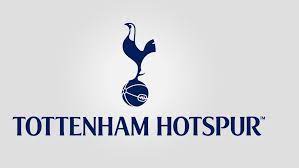As the Ryder Cup gained traction, its format underwent several changes that would define the nature of competition in subsequent years.
Expansion Beyond Great Britain
By the mid-20th century, golf was evolving, and so were the demographics of the players involved. The 1970s marked a significant turning point as European countries outside of Great Britain began to field competitive golfers.
Notable players like Seve Ballesteros from Spain and Bernhard Langer from Germany significantly impacted the perception of European talent. The inclusion of these players represented the diversification of the tournament and cemented the notion that Europe had much to contribute to the global golf scene.
Introduction of the Match Play Format
Initially, the Ryder Cup was played using the stroke-play format, where the lowest score wins. However, in response to evolving spectator and player preferences, match play became the favored format. This shift introduced a new element of strategy and excitement, making each hole more critical than the cumulative score.
Players engaged in head-to-head contests that showcased tactical brilliance and psychological warfare, adding layers of intrigue to the event. It’s fascinating to examine how this format change mirrored trends in sports entertainment that prioritize dramatic showdowns and personal rivalries.
The Role of Captains and Team Dynamics
Another poignant aspect of the Ryder Cup is the role of captains, who are tasked with leading the teams, making strategic decisions, and fostering a sense of unity. The camaraderie among teammates is palpable, reflecting the essence of the Ryder Cup beyond mere competition.
Captains have historically been former players with a deep understanding of the game and the personalities in their teams. Their ability to manage egos, coordinate pairings, and motivate players is imperative for success. It’s a blend of golf skills and leadership qualities that makes this position both challenging and rewarding.





